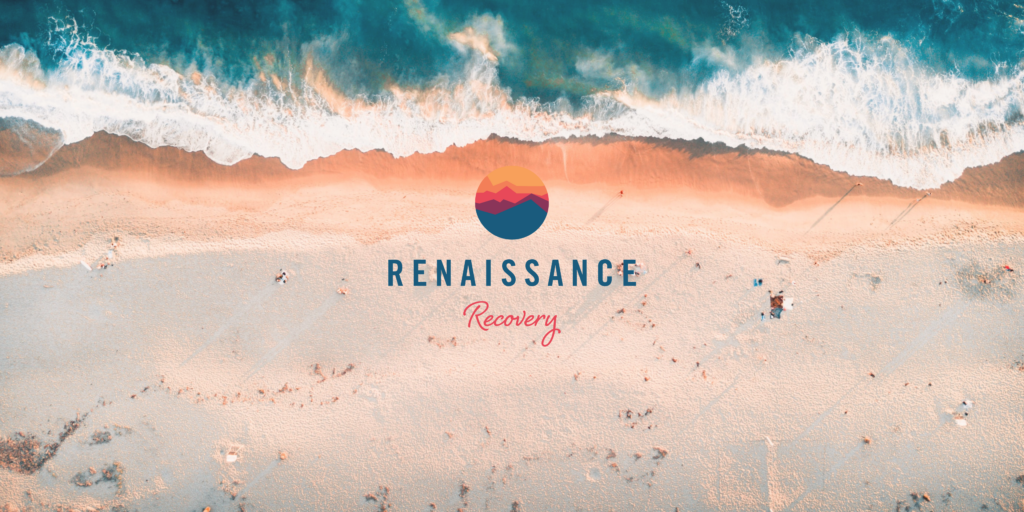Coping mechanisms are actions that a person takes – consciously or unconsciously – to deal with stressors, problems, or uncomfortable emotions. Healthy coping mechanisms might not provide immediate relief, but they can lead to positive and enduring outcomes. Unhealthy coping mechanisms, by contrast, tend to feel good in the moment at the risk of negative consequences.
What Are Negative Coping Mechanisms?
Negative coping mechanisms are strategies that people might use to deal with stress, trauma, or discomfort, but which ultimately harm their physical, mental, or emotional well-being. While these mechanisms may provide fleeting relief or temporary distraction, they often worsen problems in the long run.
Need help getting addiction treatment?
Substance abuse, including the misuse of alcohol, drugs, and prescription medications, is perhaps the most common negative coping mechanisms for reducing stress or alleviating the symptoms of co-occurring mental health conditions. Substance use is a negative coping mechanism, though, which can lead to a range of associated problems, including:
- Addiction (substance use disorder)
- Physical health issues
- Mental health complications
- Impairments to social functioning
Here’s a list of negative coping mechanism beyond substance abuse:
- Avoidance: Ignoring problems or pretending that they don’t exist often leads to increased stress and anxiety when they eventually have to be faced.
- Self-harm: Self-harm as a means of coping with emotional pain can lead to a dangerous cycle of self-punishment and guilt.
- Disordered eating: Using food as a comfort or control mechanism, which can lead to eating disorders like anorexia or bulimia and serious health complications.
- Excessive gaming or internet use: Escaping into digital worlds to avoid dealing with real-life problems can lead to social isolation, physical health decline, and negative impacts on work or academic performance.
Use these negative coping mechanisms examples to help you identify any self-defeating ways of coping that you’ve been relying on. Enlist professional help if you find this challenging.

How to Replace Negative Coping Mechanisms with Positive Ones
Replacing negative coping mechanisms with positive ones can increase resilience, reduce the risk of substance abuse, and improve overall quality of life.
Practicing mindfulness and meditation can help you stay present and reduce stress. These techniques encourage a state of awareness and calm, helping to mitigate the urge to turn to substances or other harmful coping mechanisms.
Regular exercise is a powerful stress reliever. Activities like walking, running, yoga, or team sports not only improve physical health but also release endorphins, natural mood lifters that can reduce the need for substance use.
Therapy or counseling can be incredibly effective in addressing the underlying issues that lead to negative coping mechanisms. CBT (cognitive behavioral therapy), in particular, can help people develop healthier coping strategies and change harmful patterns of thinking and behavior.
Connecting with friends, family, or support groups can provide emotional support and reduce feelings of isolation, which often contribute to substance abuse and other negative behaviors. Peer support groups can offer understanding and guidance from others who have faced similar challenges.
Remember, too, that getting enough sleep is essential for effective stress management. Developing a regular sleep schedule and creating a restful environment can improve sleep quality and reduce the reliance on substances to induce sleep.
10 Healthy Coping Mechanisms to Use Instead
Here are 10 short-term and long-term healthy coping mechanisms:
- Deep breathing: Use deep, slow breaths to calm the nervous system and reduce stress. This simple technique can be done anywhere, helping to bring a sense of calm during stressful moments.
- Progressive muscle relaxation: Systematically tense and then relax each muscle group in your body. This method reduces physical tension and mental anxiety, promoting relaxation.
- Journaling: Writing down thoughts and feelings can provide an outlet for expressing emotions, reducing stress, and gaining insight into your behavior and moods.
- Nature walks: Spending time in nature can lower stress levels, improve mood, and enhance mental well-being. The physical activity of walking also releases endorphins and improves mood.
- Mindfulness meditation: Practice being present in the moment without judgment. Mindfulness can decrease stress and anxiety and improve emotional regulation.
- Creative arts: Engaging in creative activities such as painting, drawing, or playing music can be therapeutic. These activities provide a distraction, allow for expression of feelings, and boost mood.
- Social support: Connecting with friends, family, or support groups provides a sense of belonging and can be a valuable source of comfort and advice during tough times.
- Physical exercise: Regular physical activity can significantly reduce stress, anxiety, and symptoms of depression. Exercise also improves sleep, energy levels, and overall health.
- Healthy eating habits: A balanced diet nourishes the body, impacts mood, and affects energy levels. Eating regular, nutritious meals can help stabilize mood swings.
- Setting boundaries: Learning to say no and set healthy boundaries can reduce stress and prevent burnout. Establishing limits helps manage your workload and personal commitments, leading to a more balanced life.
These coping mechanisms offer positive ways to deal with stress, anxiety, and emotional upheaval. Incorporating these strategies into your daily routine can enhance resilience, improve mental health, and reduce the likelihood of turning to negative coping mechanisms.
How to Get Help if You’re Struggling with Addiction
Clinically described as substance use disorder, addiction is treatable with the right evidence-based therapies. While rates of addiction continue to rise in the United States, more people than ever are engaging with treatment – 10 million U.S. adults went to drug or alcohol rehab in the previous year, according to the latest data from SAMHSA (Substance Abuse and Mental Health Services Administration).
Many people who need help recalibrating their lives from addictions find that outpatient treatment provides the most flexible and affordable pathway to recovery. Outpatient programs are available at varying levels of intensity, generally lasting for a few months. You can attend regular therapy sessions at a drug or alcohol rehab, returning home or to a sober living community between sessions. Since the enactment of ACA (Affordable Care Act), the costs of outpatient addiction treatment can be covered by health insurance – check your coverage right here.

Get Treatment for Drug & Alcohol Addiction at Renaissance Recovery
If you need treatment for addiction to alcohol, drugs, or prescription medications, reach out to Renaissance in Southern California.
We can refer you to licensed detox centers, enabling you to undergo withdrawal under medical supervision. You can access medications to mitigate cravings and streamline your transition to ongoing outpatient treatment at our rehab center in Huntington Beach, CA.
The unique presentation of all addictions means that Renaissance treatment plans are targeted and personalized. Expect to engage with treatments that include:
- One-to-one counseling
- Group therapy
- Psychotherapy (CBT and DBT)
- Medication-assisted treatment
- Holistic treatments
- Family therapy
- Aftercare and support
Call 866.330.9449 today and begin your recovery right away.



